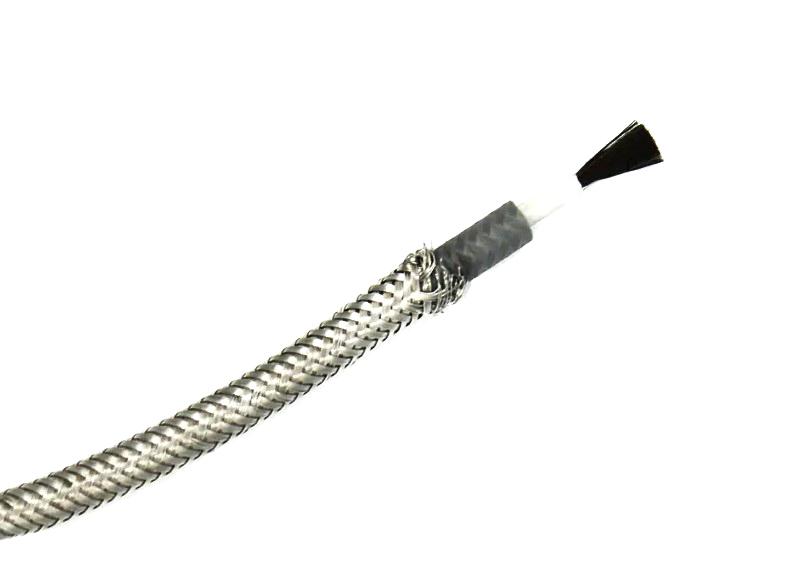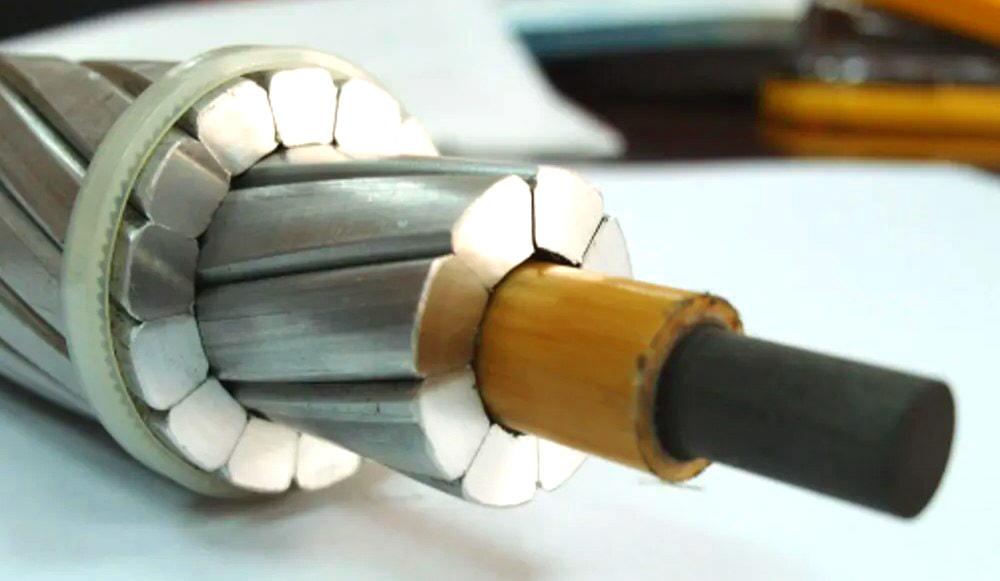carbon fiber, with its inherent properties, gives its composite material excellent performance. It has a number of advantages, as a high specific resistance, and high specific modulus, electric conductivity, heat transfer, high temperature resistance, to corrosion and fatigue. These properties have led to the creation of carbon fiber cable..
carbon fiber heating cable

Currently, Electric heating technology using metal materials as heating body has been widely used in various fields. Nevertheless, metal wires are prone to surface oxidation at high temperatures. This causes a reduction in the effective area for current passage and increases the current load.. Thus, these wires tend to burn.
The carbon fibers are 6 a 10 times more resistant than metallic cables of the same current load area. So, can be used to avoid these situations.
Carbon fiber has a hexagonal lamellar structure of graphite. Therefore, features high electrical and thermal conversion efficiency in electrical heating applications. under certain conditions, does not rust at high temperatures and the current load and mechanical strength do not change.
Current applications for carbon fiber heating cables include low temperature underfloor heating systems, devices for melting snow on roads and anti-freezing of pipes and tanks.
With the promotion of the process of environmental protection, the market prospects for products with clean electrical energy as the main source of energy are very broad.
Carbon fiber core conductor

As the industry continues to develop, power lines face the need to rapidly expand transmission capacity. In this context, new aerial cables incorporating carbon fibers have been developed to replace the traditional aluminum cable with steel core.
Compared to traditional steel and aluminum core cables, carbon fiber core aerial cables have the following advantages.
- ACCC conductors provide twice the current carrying capacity compared to ACSR conductors of the same diameter.
- The use of carbon fiber cables can effectively solve the problem of falling cables and ensure the safety of personnel on the ground..
- Carbon fiber cables can operate at higher temperatures, up to 200°C.
- Carbon fiber core is corrosion resistant. And it can avoids the problem of corrosion between two kinds of metals..
- As carbon fiber cables can provide higher current carrying capacity, can also effectively reduce engineering costs.
- Los ACCC conductor can accommodate more conductors than conventional cables of the same diameter.
- High-strength carbon fiber core can reduce the number of overhead line towers and save land.
In addition to the advantages mentioned, the use of carbon fiber cable also reduces the loss of electricity during transmission. It also reduces the consumption of non-ferrous metal resources and helps build safe power transmission networks., ecological and efficient.

1 thought on “What is Carbon Fiber Cable?”
Comments are closed.